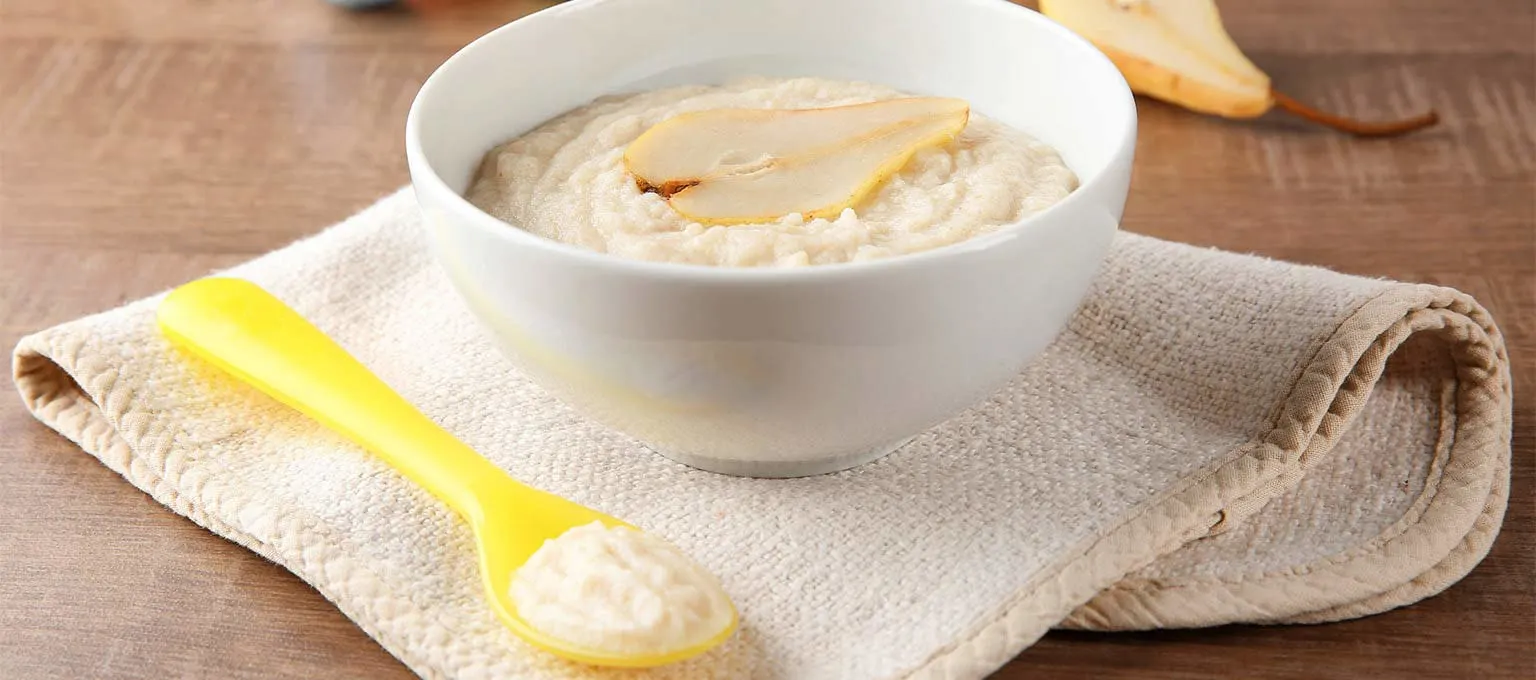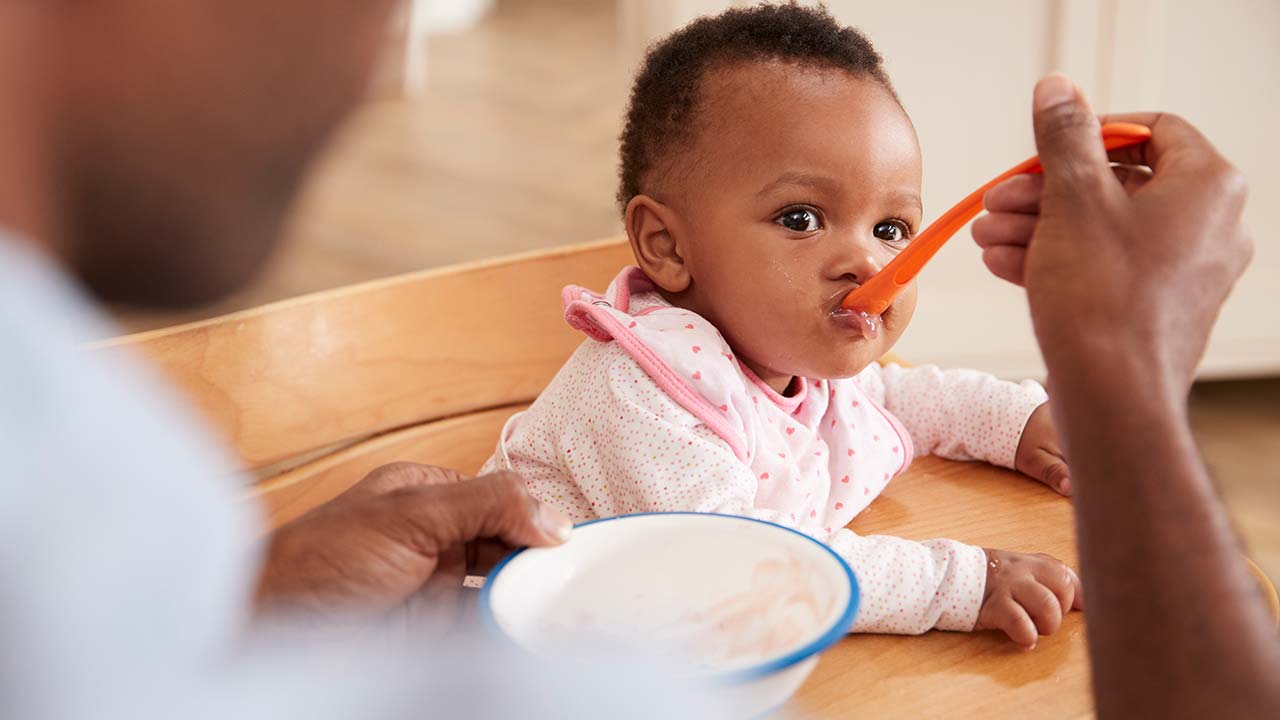Nowadays, parents are faced with the dilemma of introducing their babies to solid foods. The introduction generally begins around four months,
but before then, it may seem like a daunting task! This article aims to help you figure out the best way to introduce your baby to solids
– so get ready to discover how you and your little one can enjoy a lifelong relationship with food!
What are Solids?
Introducing solids to a baby can be a daunting task, but with a little preparation and some commonsense tips, it can be easy.
The best way to introduce solids is to increase the amount throughout several feedings gradually. You can also try feeding
your baby different food items in small quantities first to see what they are interested in. Here are some tips for introducing solids:
-Start by giving your baby small amounts of bland food such as rice cereal, oatmeal, or boiled water. If your baby shows any interest in eating these foods, you can start adding more exciting flavours later on.
-If your baby is not drooling or fussing after eating, you can start giving them solid food. Try offering thin pieces of cereal,
fruit wedges, or whole grains like quinoa. Again, if your baby seems interested in these foods, you can add more texture and flavour later.
-If your baby is not eating anything after trying different types of food, it may be helpful to introduce pureed foods such as apple sauce or avocado. This will help increase the chances that your baby
How to Start Introducing Your Baby to Solids
There are many ways to introduce your baby to solid foods. You can do it gradually, or you can do it all at once. Some people prefer to introduce solids slowly over several weeks,
while others go straight to solids from the start. whichever route you decide to take, here are some tips on how to do it:
- Talk about it with your baby. You and your baby must be on the same page about what’s happening. Let them know why you’re introducing solids, and be sure to answer any questions they have.
- Start with breastfeeding or formula feeding. These foods give your baby essential nutrients and help them develop their digestive system. Giving them a small amount of solid food at this stage won’t overwhelm their system or induce vomiting – in fact, some babies even enjoy starting with a bit of solid food!
- Gradually introduce new textures and flavours. Don’t worry if your baby doesn’t seem too keen on trying new things at first – they’ll probably love it once they get used to it! Try adding small amounts of different types of food one at a time (for example rice cereal, mashed
Pros and Cons of Early Introduction to Solids
There are pros and cons to introducing your baby to solid foods at any point during their first year. Some parents believe
that introducing solids earlier than 12 months old can increase the risk of food allergies down the road. Others feel that starting sooner helps to develop a solid lifelong appetite and preferences.
It’s essential to weigh all of the information before deciding when to start solids for your baby. Here are some key points to keep in mind:
– Introducing solids earlier can lead to an increased risk of food allergies. However, many babies introduced to solid foods early don’t develop food allergies later on, so it’s important to talk with your paediatrician about your child’s diet.
– Solids provide essential nutrients and calories for growing babies and can help them develop a strong appetite and preferences for healthy food. Starting solids early doesn’t necessarily mean that your baby will become overweight or obese, as long as they eat a balanced diet.
– Babies who start solids early tend to be more likely to be successful at weaning themselves off of breast milk or formula later on
Signs and Symptoms of Gastrointestinal Issues
If you’re pregnant, there’s a good chance you’ve heard about the benefits of introducing your baby to solids early on. But what’s the best way to do it? Here are some tips to help you get started:
- Talk to your doctor or midwife about what’s best for your baby. There’s no one correct answer, and different babies will respond differently to solids.
- Make sure your baby is eating enough breast milk or formula. A nutritious diet is vital for both you and your baby.
- Follow the American Academy of Pediatrics (AAP). These include starting with soft foods like pureed fruits and vegetables, followed by rice cereal, then cereals with added fruit, and finally solid foods.
- Be patient – it can take time for your baby to adjust to new foods. And don’t overdo it – too much solid food at once can cause gastro issues like constipation or diarrhoea.
What to Expect in the Future if You Start Early with Solid Foods
Starting solid foods for your baby can be a big step in their development. Not only will they be getting more complex nutrition,
but it will also help their overall motor skills and communication. Here are some tips to help you introduce solids early on:
-Start with small amounts of simple foods such as pureed fruits or vegetables. This will help your baby get used to the texture and flavour of solid foods.
-Wait until your baby is six months old before introducing hardier foods such as whole grains, meat, and dairy. This is because their digestive system is still developing and they may not be able to handle these types of nutrients properly.
-Be patient! It may take your baby some time to get used to eating solid foods, but with patience and a little guidance from you, they will definitely be able to make the transition smoothly.




